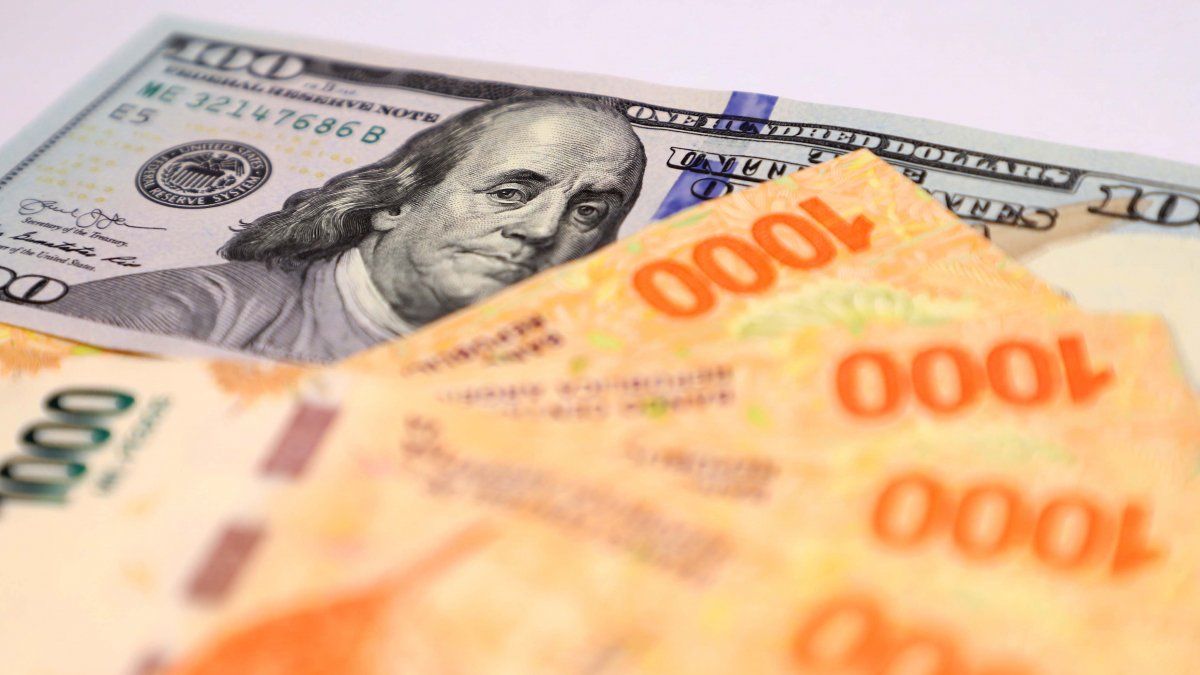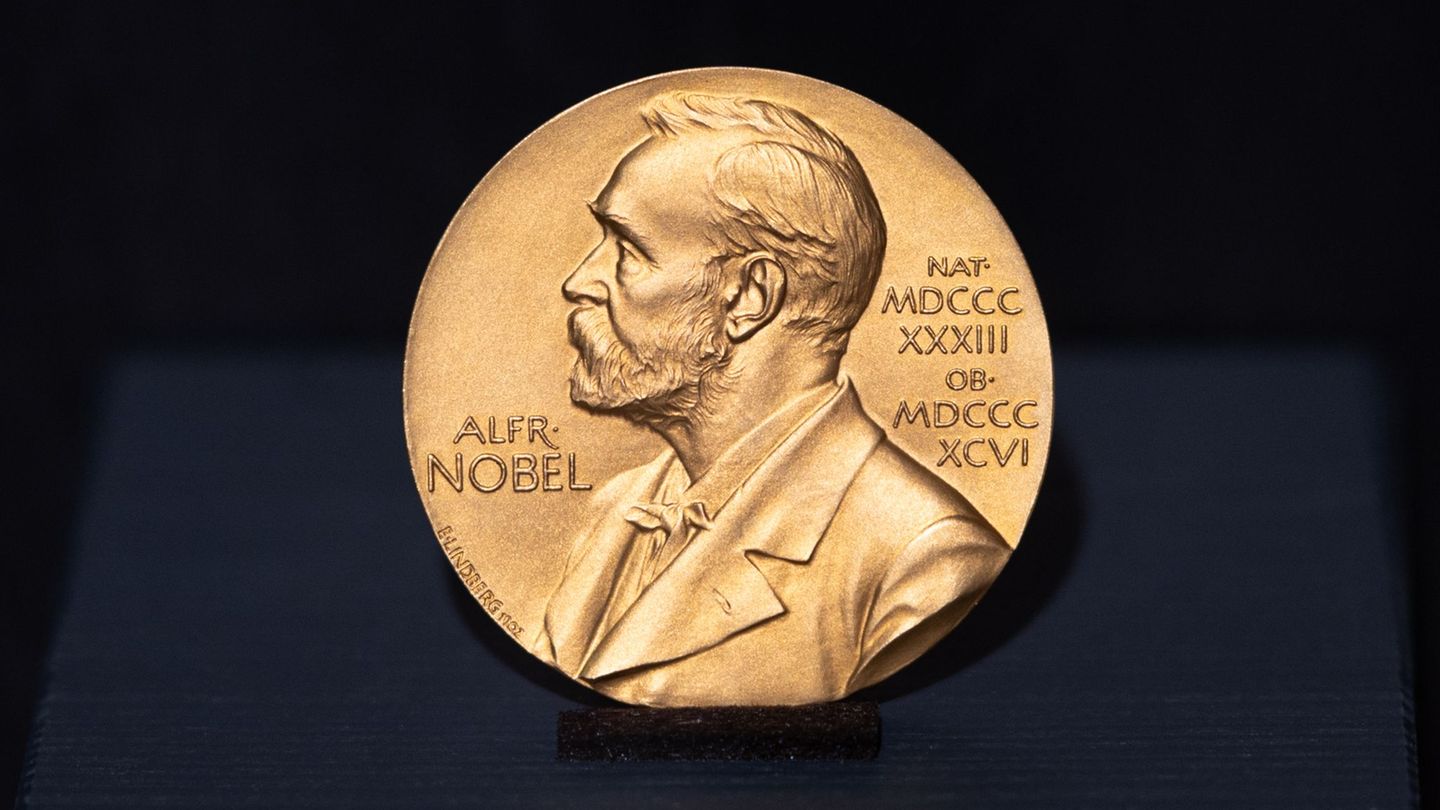Some estimate that the amount of national currency that would be required for dollarization to prosper would be around 18 thousand trillion pesos.
The dollarization It is a typical option of underdeveloped countries. The leadership and governments that appeal and appealed to this political-economic measure have an action similar to that of children, that is, they want things but not their consequences.
The content you want to access is exclusive to subscribers.
This historical debate between the peso and the dollar in our society borders on the pathological, and thus the “Red circle” from parastatal businessmen, the convinced reds eternally in love, the inept, “innocent” and distracted yellows, the victimized blues and whites prosecuted, the histrionic cartoonish libertarians, all enter through the hoop that the system imposes on them, marking a cyclical agenda where they have to go their speeches, their actions and their agendas.


What is dollarization and what does it imply?
Dollarization, broadly speaking, is described as the process by which a country adopts the US dollar as its official currency instead of having its own national currency. For some defenders and proselytizers of dollarization, its effects on the Argentine economy could be the following:
The volatility associated with the national currency would be eliminated, since the dollar is considered by many to be a more stable currency; in fact, its green color psychologically generates calm. According to them, the American currency could help control the unreasonable inflation that is plaguing the entire country at this time and reduce expectations of devaluation, which in turn could generate greater confidence in the economy. Dollarization would imply that all transactions carried out, from purchases to wholesalers and retailers, bank deposits, savings, debts, and credits, would be converted into dollars, because the requirement is that everything that bears pesos signs must be converted to dollar.
How many dollars are needed for dollarization?
Some estimate that the amount of national currency that would be required for this to prosper would be around 18 thousand trillion pesos. A figure close to the current exchange rate that the value of this currency trades illegally on the “street” would be equivalent to about 44 billion dollars, a figure that is compared to the 220 billion of that same currency used to carry out the last World Cup. football is not surprising But given the scant reserves of the Central Bank, which would oscillate between 1.7 and 2.2 billion dollars, make this seem almost impossible. Unless what is sought covertly, backed by world organizations, is to plunge the country into an abrupt and ruthless devaluation that creates a favorable scenario for its interests, where some suffer for what they are going to lose, and others rub their hands doing accounts that for every 10 thousand pesos the poor people would receive only 1 dollar in exchange.
Following this line of reasoning, commercial transactions with other countries would be facilitated, since the costs and risks associated with currency conversion would be eliminated. This would manage to boost foreign trade and attract foreign investment, but it could also generate a greater dependence on imports, since the country would have to purchase goods and services in dollars. This, when it was done without any control, and was used demagogically, harmed local industries, especially small and medium-sized companies that had difficulties to compete with cheaper imported products, as happened in past decades. This ended up yielding a catastrophic result in the decrease in national production, bankruptcy of companies and the consequent loss of jobs in the industrial sector, as well as, for example, in the hotel and gastronomy sectors.
What happens if dollarization advances?
Finally, if you choose the dollarization, Argentina would decline part of its sovereignty which is its currency; its ability to exercise monetary policies such as devaluation or the issuance of money to stimulate the economy in moments like these of crisis; Likewise, the political-economic options would be limited and recovery would be difficult in situations that are very unfavorable for the nation. The governments riddled with political corsairs that have seized the State as a spoil of war will not be able to finance their expenses through the issuance of money, as has been the preferred style for decades of inefficient governments.
We Argentines have to understand once and for all that no matter how much they opt for the dollar or continue with the pesos, if the administration continues to be delegated in the hands of unscrupulous and professional palabrists, everything will continue as it has been until now. A resounding and disappointing failure, because the problem is not in the economy but in its leadership.
Lawyer. General Secretary of the Vicente López Municipal Workers Union.
Source: Ambito
David William is a talented author who has made a name for himself in the world of writing. He is a professional author who writes on a wide range of topics, from general interest to opinion news. David is currently working as a writer at 24 hours worlds where he brings his unique perspective and in-depth research to his articles, making them both informative and engaging.




